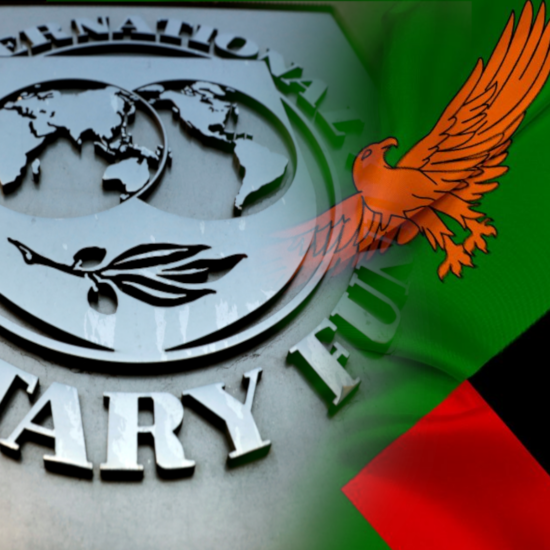
International Monetary Fund – IMF resident representative for Zambia Preya Sharma has confirmed that countries Special Drawing Rights – SDRs allocations can be used to exchange for hard currency (US dollars) as well as be used to boost fund member countries foreign exchange reserves.
The Ministry of Finance had on the
23 July 2021 confirmed that Zambia has been allocated US$1.3 billion SDR by the IMF and that this amount is contributing to the continued boosting of the country’s US dollar reserves. The Debate however was whether this SDR allocation would actually contribute to increased forex reserves held by the Zambian treasury.
Sharma told the Zambian Business Times – ZBT in an emailed note that SDRs are an asset, though not money in the classic sense because they cannot be used to buy things. She clarified that Countries can exchange their SDRs for hard currencies with other IMF members or can also use the SDRs in a range of operations with other countries or to settle financial obligations to the Fund. She stated that there are no conditions attached to access the
SDR.
“This has historically been done on a voluntary basis, with countries in a stronger financial position agreeing to help others when needed. They can also use their SDRs in a range of operations with other countries or to settle financial obligations to the Fund. Many member countries that don’t need the support have used SDRs to support concessional financing to low-income countries,” she clarified.
Sharma explained that an SDR allocation is a way of supplementing Fund member countries’ foreign exchange reserves, allowing members to reduce their reliance on more expensive domestic or external debt for building reserves.
She said, “an SDR allocation is cost free. Allocating SDRs does not require contributions from donor countries’ budgets. SDRs are a reserve asset, not foreign aid. Most importantly, an SDR allocation does not add to any country’s public debt burden. Sharma told ZBT that the allocation for Zambia could become effective by the end of August 2021.
The Ministry of Finance has partly attributed the recent appreciation of the Kwacha to among other things, the expected allocation of SDR’s to Zambia by the IMF. A statement from the ministry of finance stated that “the SDR allocation is expected to increase international reserves by approximately US$1.3 billion in August 2021”.
And an IMF statement made available to the Zambian Business Times – ZBT has confirmed that the allocation which was approved on August 2, 2021, is the largest SDR allocation in the history of the IMF with SDR 9.3 billion, SDR 12.1 billion, SDR 161.2 billion allocated in yearly installments in 1970–72, 1979–81 and 2009 respectively.
IMF managing director Kristalina Georgieva said the newly created SDRs will be credited to IMF member countries in proportion to their existing quotas in the Fund. She said about US$275 billion (about SDR 193 billion) of the new allocation will go to emerging markets and developing countries, including low-income countries.
“This is a historic decision – the largest SDR allocation in the history of the IMF and a shot in the arm for the global economy at a time of unprecedented crisis. The SDR allocation will benefit all members, address the long-term global need for reserves, build confidence, and foster the resilience and stability of the global economy. It will particularly help our most vulnerable countries struggling to cope with the impact of the COVID-19 crisis.
“We will also continue to engage actively with our membership to identify viable options for voluntary channeling of SDRs from wealthier to poorer and more vulnerable member countries to support their pandemic recovery and achieve resilient and sustainable growth,” Georgieva said.
She said one key option is for members that have strong external positions to voluntarily channel part of their SDRs to scale up lending for low-income countries through the IMF’s Poverty Reduction and Growth Trust (PRGT). Georgieva said concessional support through the PRGT is currently interest free.
“The IMF is also exploring other options to help poorer and more vulnerable countries in their recovery efforts. A new Resilience and Sustainability Trust could be considered to facilitate more resilient and sustainable growth in the medium term,” she said.







